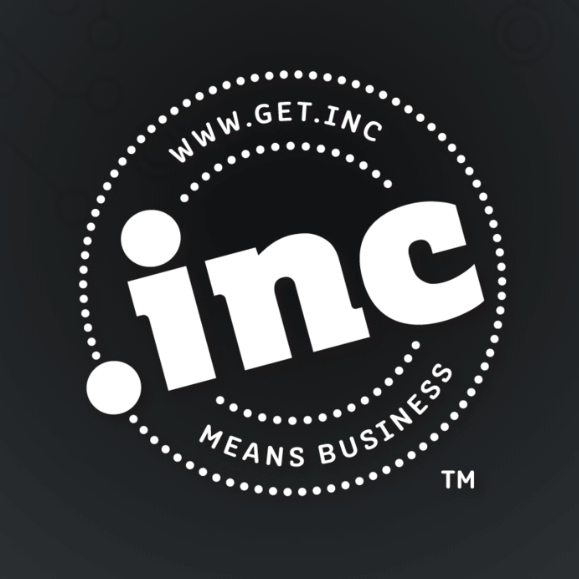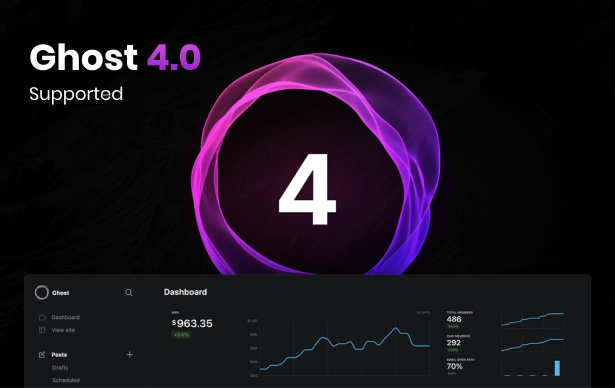
One of the more recent new domain name extensions to launch is .inc, and I’ll be completely transparent in letting you know I don’t own any at the moment. I’ve steered almost completely clear of investing in new domain extensions as I’ve only ever seen a meaningful return from my .COM investments.
When I first heard about .inc it was a bit of a head-scratcher, I didn’t quite understand where they fit in. I happen to know Shayan who helped to launch .inc and asked if he’d be open to answering a few questions about the extension. He said he was game, so I’m excited to share those questions, and his answers below.
Before we dive into .INC, tell me a bit more about your background and how you got into the new gTLD world.
I first entered the domain industry in 2013, before any new gTLDs had been released. Previously, I was Global Director of XYZ, where I had a key role in launching and operating the company’s first 9 TLDs, which included .xyz and .Cars. My goal was to help individuals and businesses re-imagine their online presence. This led to Google using abc.xyz and MIT using engine.xyz, among other notable use cases.
In 2018, I decided to take on the new challenge of launching .inc with Intercap Registry. It was an opportunity to focus the creativity that I had once dedicated to .xyz to a new audience that I believe has not yet been served by new gTLDs. There are some naysayers that believe no other gTLD can stand up to .com, .net and .org, but I expect the credibility and member benefits that .inc offers to challenge that sentiment.
Okay – pitch me, why .INC?
75 percent of all legally formed businesses in the US are incorporated, meaning literally millions of company names already end with “Inc.” In fact, “Inc.” is so ubiquitous with business that it is even used by companies located in countries that do not incorporate, such as China and Japan. One example is Baidu Inc. So not only is .inc essential for companies everywhere, it has a universal cachet that shows customers you mean business.
.inc is even more compelling because we have partnered with popular brands like LegalZoom, 99designs, WeWork, and Delta Air Lines to include more than $2,500 worth of free member benefits with every .inc domain. These services make .inc a unique domain ending that appeals to budding entrepreneurs and SMBs, as much as global enterprises. Learn more about the member benefits at www.get.inc/benefits.
Tell me more about the pricing model for .INC and how you came up with it?
.inc is priced for businesses, not speculators. As a premium domain ending, businesses can register any .inc domain, including single-letters and single-numbers, for a flat fee. Rather than pricing .inc at $10/year and watching many of the best names get taken immediately, we want businesses to be able to register the first .inc domain they search for – even if that search is performed 5 or 10 years from now.
There has already been a shift in business naming strategies, with domain name availability now dictating how businesses are branded. With .inc, companies have full control of their business names and domain names without compromising on either.
If someone already has a .COM, would you also see them getting a .INC domain?
There are a number of examples for a business with a .com to also use a .inc. For instance, Freshii Inc. is already using www.freshii.inc as its investor relations site (previously ir.freshii.com).We anticipate many other publicly traded companies to follow this route to complement an existing consumer-facing .com website.
Another site that recently went live is www.Collab.inc. The company’s previous domain, collabcreators.com, was a pain point because people would mistakenly refer to the company as “Collab Creators,” rather than its actual name, “Collab Inc.”
We also anticipate businesses using .inc for corporates sites, corporate email, newsrooms, new ventures, employee portals and other operational purposes. The seamlessness between the company name and domain ending provides the freedom to use .inc in any way a business chooses.
How do you differentiate between someone who would buy .inc, vs another TLD targeting businesses like .CO?
.co and .inc may seem similar, but the offerings and audiences are quite different. .co is a suitable low-cost option for someone who wants a domain for a blog, an idea, or a portfolio. It isn’t a business-focused domain ending in the same way as .inc, so it does not provide registrants with the same extensive naming choices or professional credibility.
The businesses that register a .inc domain are not looking to make sacrifices, and I think they are more likely to cross-shop .inc with six-figure .com’s in the aftermarket than a ccTLD or other new gTLD. In that scenario, the advantage of registering a .inc is that there is no negotiation process and no high upfront fees – in addition to the free member benefits at www.get.inc/benefits.
Okay, I like to end on a fun note. Tell us something about Shayan that we might not know!
Some in the domain industry may already know this, but I was recently married. What they may not know is that my wife and I grew up in the same small town in Illinois, but it took us 20+ years and more than 2,000 miles to eventually meet one another in Los Angeles. It’s been so busy with the .inc launch that we haven’t taken a honeymoon yet. I’d love to hear destination suggestions from your readers!
—
Thanks again to Shayan for taking the time to answer my questions. Now it’s your turn. What do you think about .inc? I want to hear from you, comment and let you voice be heard!



